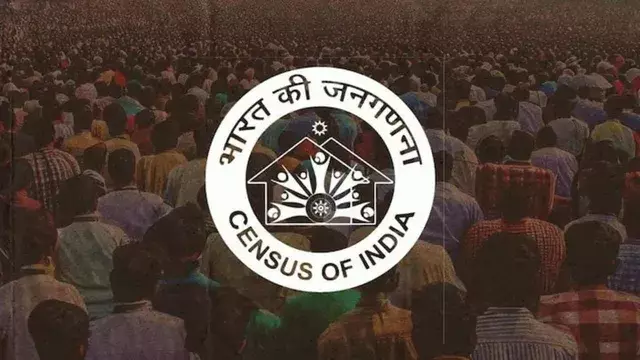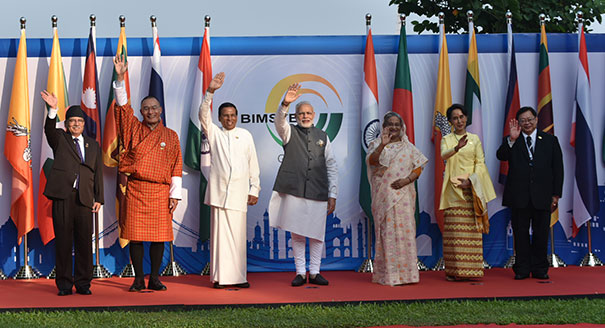- Courses
- GS Full Course 1 Year
- GS Full Course 2 Year
- GS Full Course 3 Year
- GS Full Course Till Selection
- Answer Alpha: Mains 2025 Mentorship
- MEP (Mains Enrichment Programme) Data, Facts
- Essay Target – 150+ Marks
- Online Program
- GS Recorded Course
- Polity
- Geography
- Economy
- Ancient, Medieval and Art & Culture AMAC
- Modern India, Post Independence & World History
- Environment
- Governance
- Science & Technology
- International Relations and Internal Security
- Disaster Management
- Ethics
- NCERT Current Affairs
- Indian Society and Social Issue
- NCERT- Science and Technology
- NCERT - Geography
- NCERT - Ancient History
- NCERT- World History
- NCERT Modern History
- CSAT
- 5 LAYERED ARJUNA Mentorship
- Public Administration Optional
- ABOUT US
- OUR TOPPERS
- TEST SERIES
- FREE STUDY MATERIAL
- VIDEOS
- CONTACT US
India’s Graduate Skill Index 2025
India’s Graduate Skill Index 2025

- In February 2025, Mercer-Mettl released India’s Graduate Skill Index 2025 which offers critical insights into the employability of Indian graduates, focusing on the challenges and opportunities in an AI-driven world.
- With industries evolving rapidly due to artificial intelligence (AI) and automation, the need for a skilled workforce capable of adapting to these changes has never been greater.
Key Findings
The India’s Graduate Skill Index 2025 report provides critical insights into employability trends, offering data on the strengths and weaknesses of Indian graduates across various sectors and skill sets.
- Overall Employability Decline
- Employability rate of Indian graduates has slightly decreased to 42.6% in 2024 from 44.3% in 2023. This decline is primarily driven by a drop in employability for non-technical roles.
- Employability in technical fields such as AI and machine learning has seen improvement, reflecting the increasing demand for such specialized skills.
- High Proficiency in AI & Machine Learning (ML) Roles
- 46.1% of graduates are employable in AI and machine learning (ML) roles, the highest employability rate among technical fields.
- AI-related job roles are emerging as a key area of employability due to the industry's shift towards automation and digital transformation.
- Soft Skills – A Critical Area of Development
- 50% of Indian graduates possess essential soft skills such as communication, critical thinking, and leadership, which are crucial for working in collaboration with AI.
- However, Creativity remains a challenge, with an employability rate of 44.3% in this area, indicating a gap that needs attention in educational systems.
- Learning Agility as an Essential Skill
- Learning agility, or the ability to quickly acquire new skills and knowledge, is seen as essential for navigating the future job market.
- 46% of graduates are proficient in learning agility, a crucial trait for adapting to evolving job roles.
- Gender Disparity
- Male graduates show a slightly higher employability rate (43.4%) compared to female graduates (41.7%).
- While gender parity is observed in fields like AI & ML and data science, but in other roles, such as software testing, gender-specific challenges persist.
- Regional Disparities in Employability
- Delhi reports the highest employability rate (53.4%), followed by Himachal Pradesh (51.1%) and Punjab (51.1%).
- Uttar Pradesh, West Bengal, and Assam show lower employability rates, suggesting the need for region-specific skill development initiatives.
- Institutional Performance
- Graduates from Tier 1 colleges maintain the highest employability at 48.4%, followed by Tier 2 (46.1%) and Tier 3 (43.4%) institutions.
- Tier 2 colleges have particularly excelled in specialized technical roles like UI/UX development, with an employability rate of 58.3%.
- Demand in Non-Technical Roles
- Financial analysts and sales/business development professionals have been identified as the most employable in non-technical fields, with 45.4% and 45.3% employability rates, respectively.
Challenges in Graduate Employability
- Gaps in the Education System
- Indian colleges often focus more on theoretical knowledge than on developing practical skills, leaving graduates unprepared for job-specific tasks.
- This is especially noticeable in non-technical roles, such as digital marketing and human resources, where practical, hands-on experience is crucial.
- Impact of AI on Job Roles
- Automation and AI are significantly transforming traditional job roles. 28% of employers believe that a major transformation of technical skills will be necessary for 1/3rd of their talent base by 2025 to stay competitive.
- This highlights the need for continuous upskilling to meet the demands of an AI-driven economy.
- Soft Skills Deficit
- Many graduates still lack essential workplace skills, including communication, teamwork, and critical thinking.
- This soft skills gap, particularly in non-technical domains, hinders overall employability.
Initiatives to Improve Employability
- Skill Development Programs
- Pradhan Mantri Kaushal Vikas Yojana (PMKVY) and the Jan Shikshan Sansthan (JSS) scheme focus on equipping youth with job-ready skills.
- These programs aim to provide training in industry-specific skills and increase employability in areas such as manufacturing, services, and technology.
- Gender-Specific Programs
- Stand Up India and Women in Science and Engineering-KIRAN (WISE-KIRAN) aim to improve women’s employability in traditionally male-dominated fields like engineering and technology.
- AI & Digital Skill Initiatives
- The IndiaAI mission, launched by the Indian government, is aimed at promoting AI innovation and establishing AI labs in Tier 2 and Tier 3 cities to build a future-ready workforce.
- The IndiaAI future skills program aims to enhance AI education and ensure the expansion of AI skills across diverse regions in India.
Conclusion
The findings of the Graduate Skill Index 2025 indicate that while there are challenges to overcome, the future of graduate employability in India is promising, particularly in the AI and technical fields. With industries shifting towards automation and AI, there is a clear need for graduates to continuously upskill and adapt. This highlights the need for a holistic approach to graduate employability—one that includes technical proficiency, strong soft skills, and the ability to adapt to the ever-changing landscape of the workforce. By focusing on these key areas, India can build a future-ready workforce capable of driving economic growth and technological advancement in the AI era.
|
Also Read |
|
| FREE NIOS Books | |




